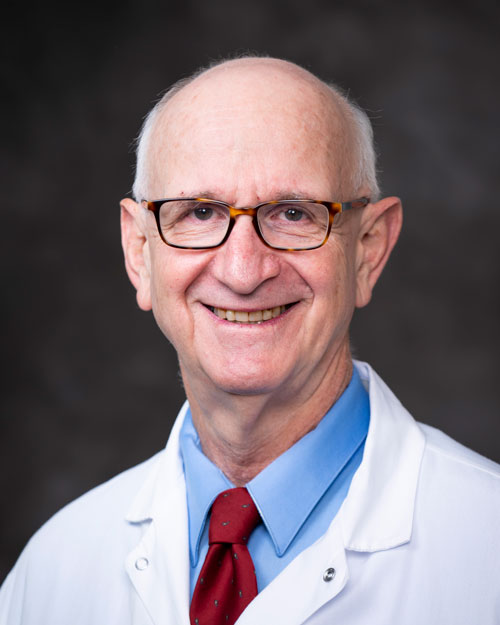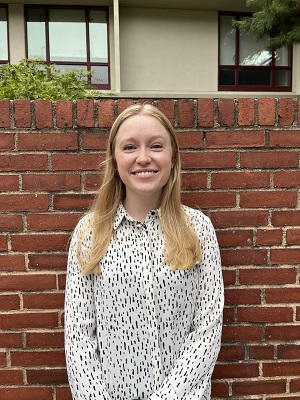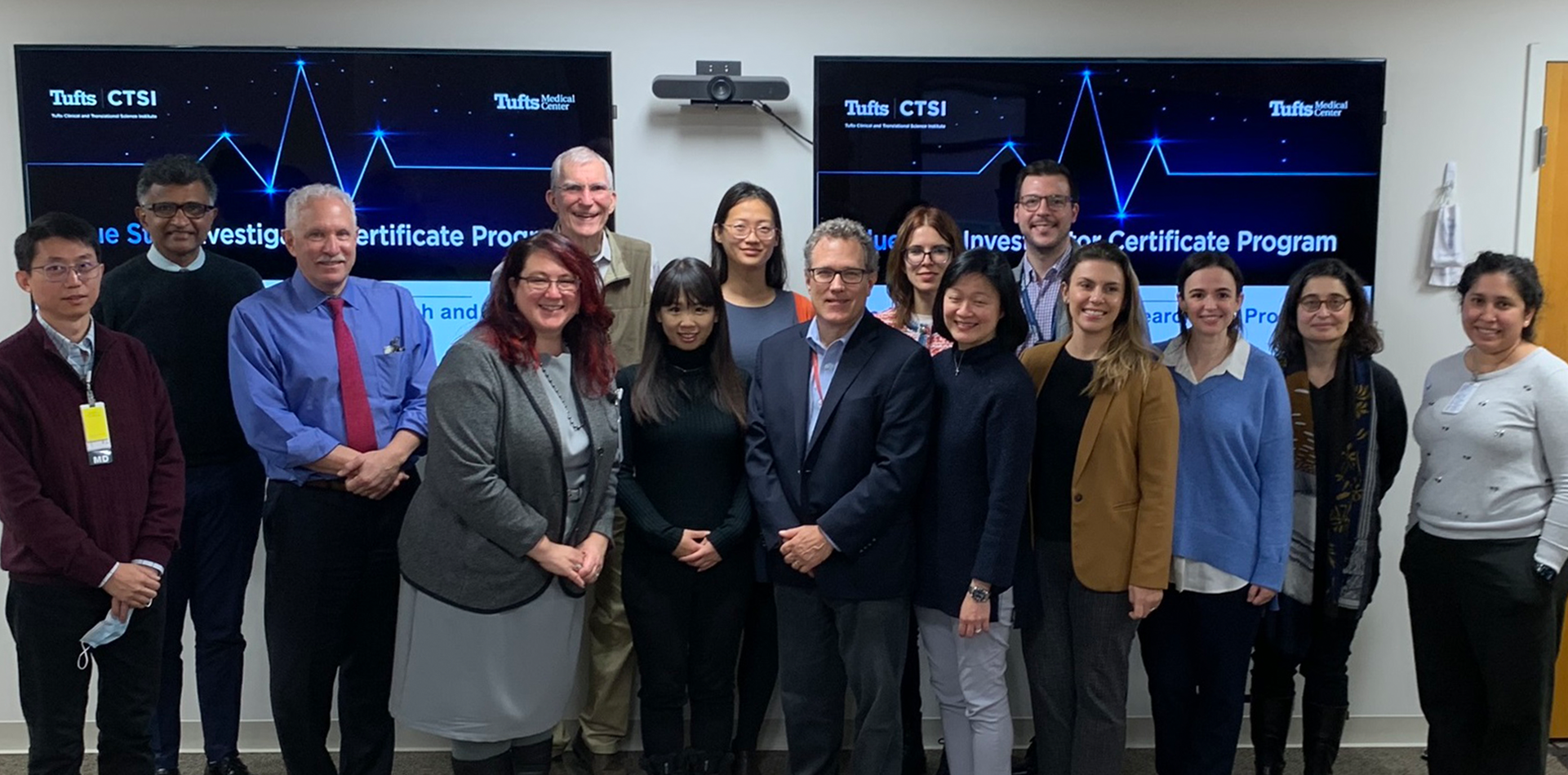
“Our hope is that science communication skills can help us learn to speak and listen to one another across different beliefs and experiences to support how we engage in complex and challenging health-related issues.”
Jonathan A. Garlick, DDS, PhDDirector, Science Communications
Overview
The Tufts CTSI Science Communications Program builds relationships between scientists and citizens so they can build diverse teams of civic and scientific problem solvers. We use civic science frameworks to mobilize scientists to initiate community engagement work at all career stages to make science and research more accessible, inclusive, and diverse. Internally, we perform trainings and workshops that foster a culture of listening, inclusion, and equity across Tufts CTSI programming. We also provide a select number of training programs for our external partners associated with Tufts CTSI. The Science Communications Program also conducts research to advance the science of science communications to develop and disseminate evidence for effective strategies that center equity through “inclusive” science communication that can lead to improved health outcomes. Our hope is that scientists and the communities they engage can gain experiences and skills.
Who is Eligible?
Science Communications trainings and workshops are available to researchers at all career stages from Tufts CTSI partner and collaborator institutions who are hoping to promote equitable collaboration by working to ensure that the identities of research team members and stakeholders are valued. This includes broadly-engaged team science researchers who want to best represent all team members in their translational research enterprise, especially those holding historically-marginalized identities.
Science Communication Training Programs for External Partners
Certain Science Communications training programs are available to Tufts CTSI partners and collaborators on a first come, first served basis based on our training capacity:
- Civic science roundtable dialogues: dialogues centered on urgent and emergent health-related topics that deepen mutual understanding across diverse values, beliefs and experiences. These conversations help communities better understand what health-related issues needs to be addressed or how they might act to address them.
- Workshops to learn generalizable science communication: where scientists learn storytelling skills to talk with public audiences with diverse needs about why their research matters to them and to those they hope to serve.
Science Communication Training Programs for Partners at Tufts
A broad range of Science Communications training programs are available to internal partners at Tufts Medical Center and Tufts University:
- Inclusive science communication workshops: where scientists learn principles of equitable collaboration by welcoming different types of knowledge, recognizing implicit and explicit bias, addressing cultural and language barriers, and implementing strategies to identify and redress present and historical health-related inequities by leading with their values.
- Building your capacity for dialogues: created for specific communities that need to openly share their thoughts and feelings about a health-related issue of community concern. Using surveys, “concern gatherings,” and focus groups to tailor dialogues to community needs, we co-create a “safe-enough” space for participants to speak, listen and reflect in ways that inspire curiosity and empathy and build trust. We train community members as dialogue facilitators to build sustainable capacities so communities can expand dialogues to additional topics.
- Civic science roundtable dialogues: dialogues centered on urgent and emergent health-related topics that deepen mutual understanding across diverse values, beliefs and experiences. These conversations help communities better understand what health-related issues needs to be addressed or how they might act to address them.
- Workshops to learn generalizable science communication: where scientists learn storytelling skills to talk with public audiences with diverse needs about why their research matters to them and to those they hope to serve.
- Stakeholder “concern gathering” workshops: teaches researchers how to gather information from patient and stakeholder communities so they can better understand what worries people when they think about a health-related issue or the research process.
Partnerships
Our main partner in these in services is Tufts Initiative in Civic Science (TICS) led by Dr. Jonathan Garlick. Civic science is an ecosystem, composed of scientists, citizens, and their institutions, that offers frameworks to build inclusive public discourse and problem solving on urgent science issues. Tufts CTSI and TICS collaborate to fulfill this vision of Civic Science. Important community partners include:
- The Personal Genetics Education Project
- Boston Museum of Science
- Rounding the Bases, Inc.
- Asian Women for Health
- The Kettering Foundation
Contact
To inquire about our services, please submit a service request.
Jonathan A. Garlick, DDS, PhD, Director, Science Communications
Noelle Weicker, MHS, Project Manager, Community and Stakeholder Engagement



